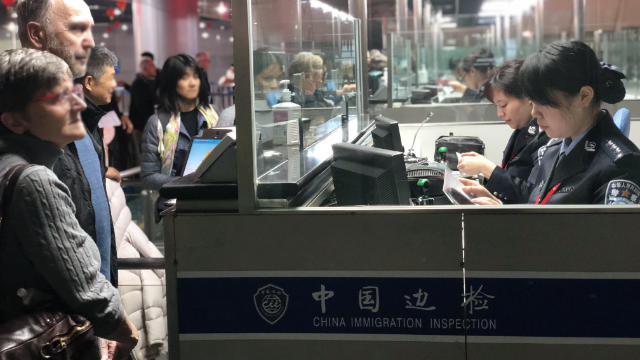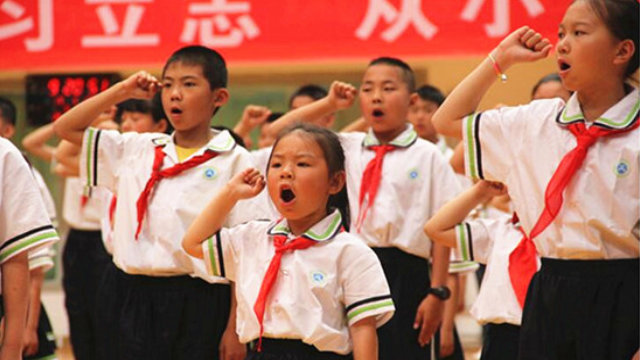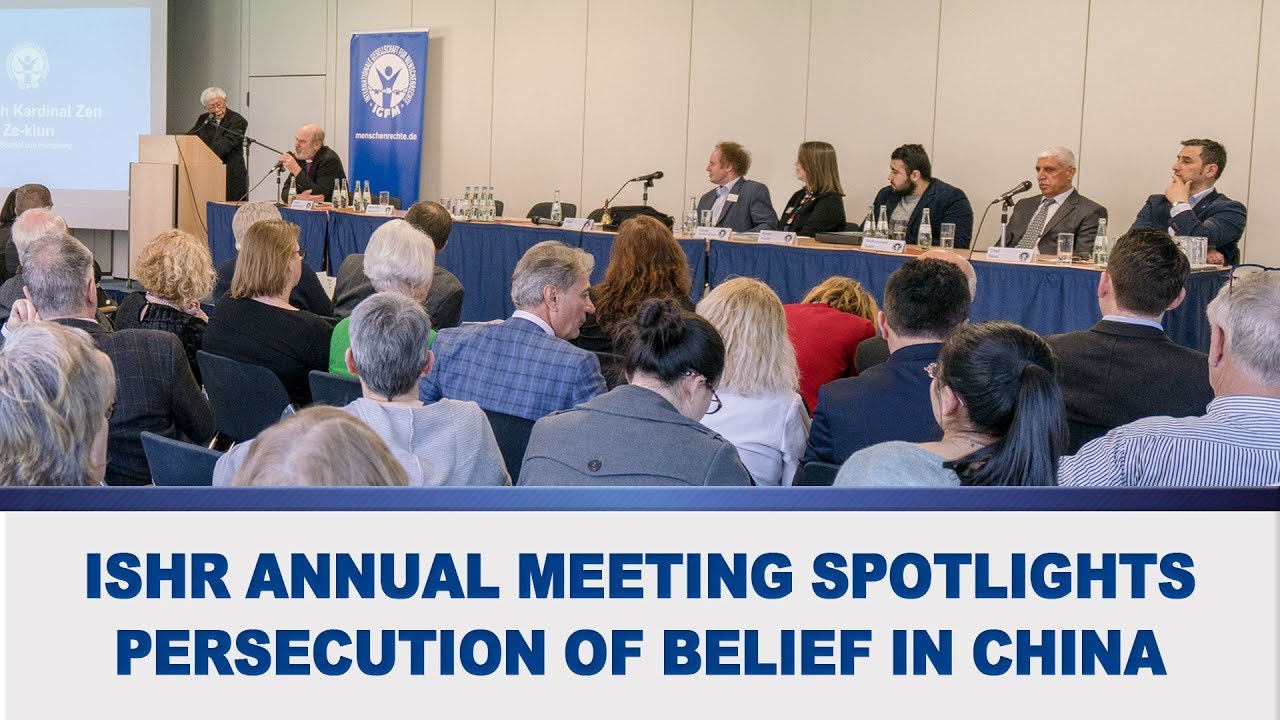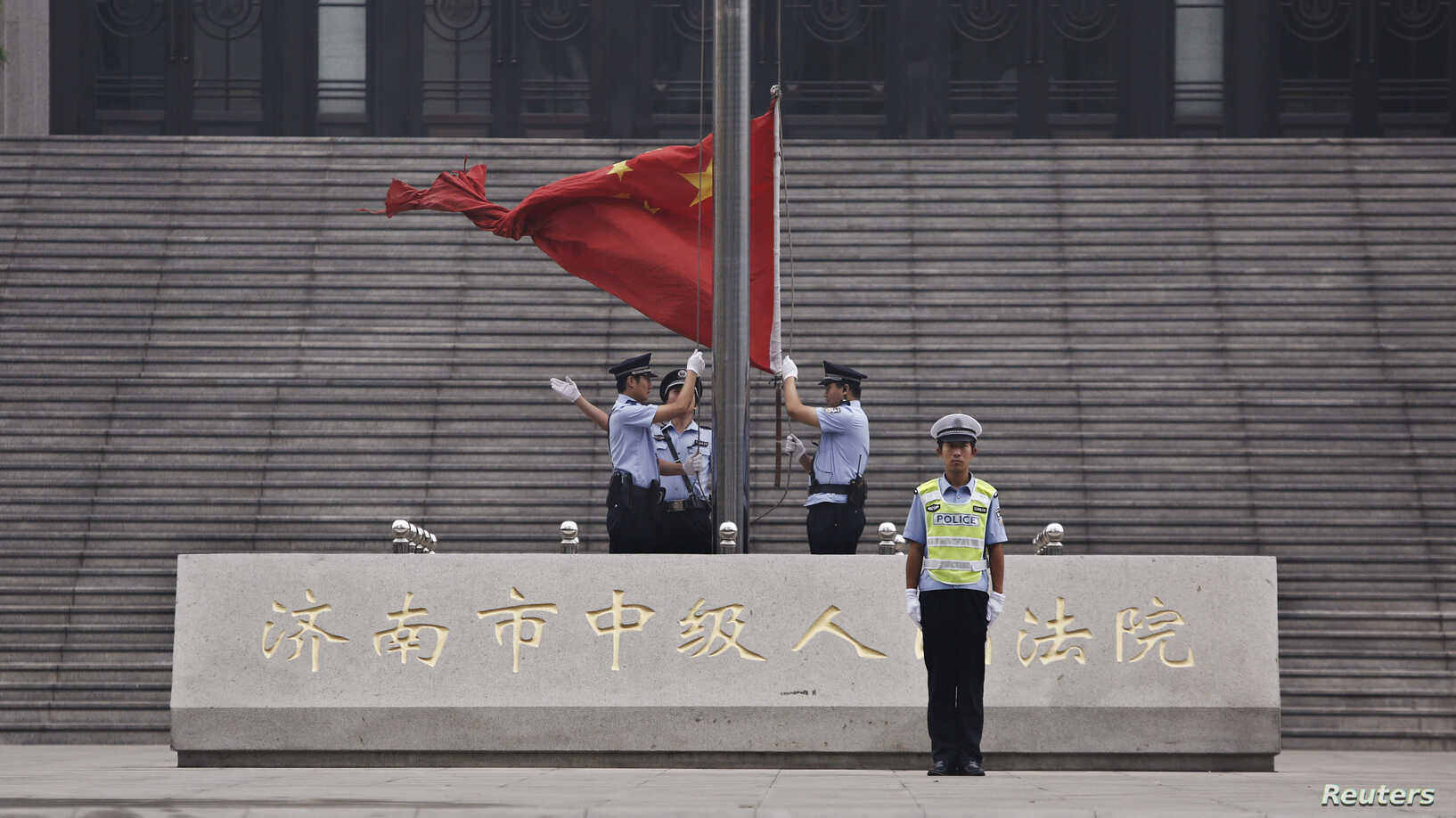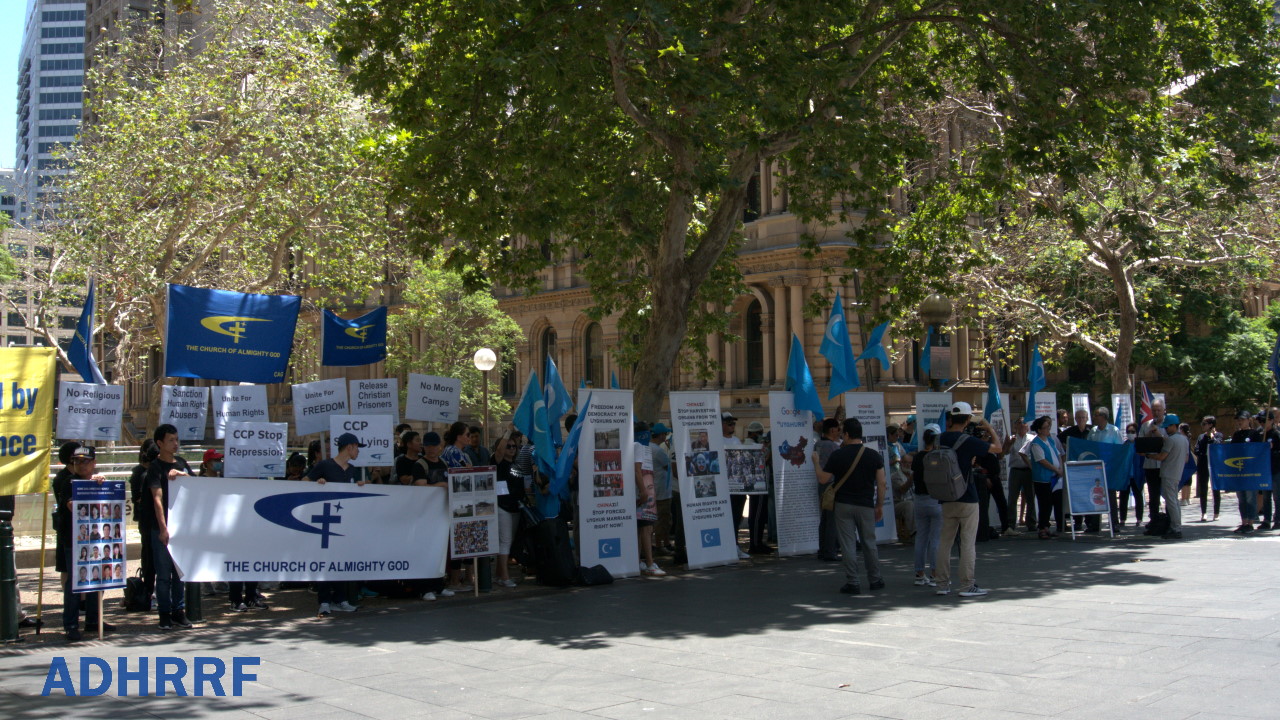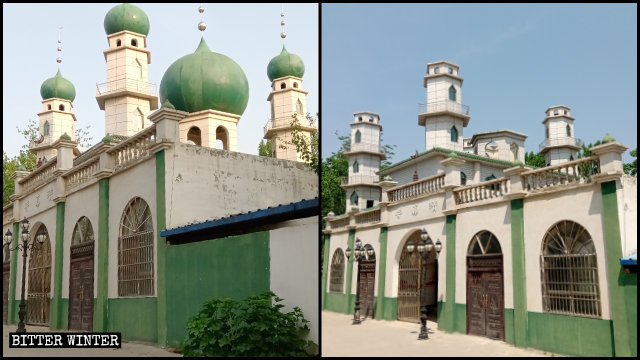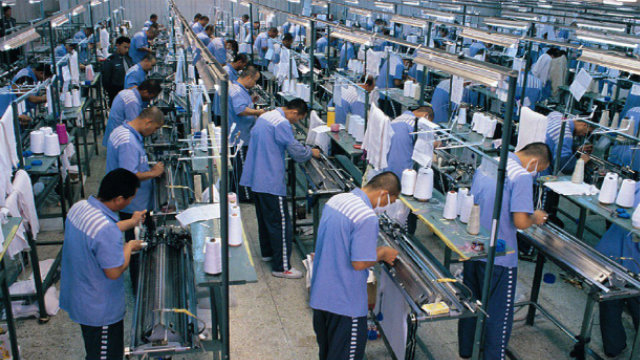The CCP’s unyielding control over Muslims from Xinjiang extends to every aspect of their daily life, including travel and staying in hotels.
Xinjiang Uyghurs living outside the region or traveling in China are often discriminated against under the pretext of “de-radicalization.” This includes staying in hotels, which are demanded to sign the so-called “anti-terrorism responsibility” statements. By signing them, hotels agree not to accept people from Xinjiang without prior government approval.

A hotel employee from the northeastern province of Liaoning recounted to Bitter Winter how the police punished him for “neglecting his anti-terrorism duty.” In September 2019, he checked into the hotel an Uyghur student from Xinjiang who attends a college in the province, following all required procedures.
In the afternoon, the girl’s father and uncle came to visit her, bringing mutton soup and naan bread, which is the girl’s favorite food. But their meeting was soon interrupted, as four local police officers broke into the girl’s room. They took the hotel employee and the three Uyghurs to the police station for interrogation. The uncle was detained “on suspicion of terrorism,” and the employee was fined for not registering the two guests.
“They just came to visit the girl and brought her soup and bread,” the hotel employee remembered. “They were in the hotel for a few hours. If they were terrorists, they would have done something by then, not waited for the police to arrive. Were they going to use the bread to attack people? That’s sheer nonsense.”
Other hotel managers revealed to Bitter Winter more details about the severity of the measures imposed on visiting Uyghurs. A person working in Liaoning’s Dalian city said that facial recognition systems had been installed in many of the city’s hotels. When guests check in, the system groups them according to three colors: blue is used for “normal” cases, orange means that guests are from Hong Kong, Macao, Taiwan, foreign countries, and red, the highest level of warning, marks that visitors are Uyghurs from Xinjiang.
He added that hotels are not only asked to take four photos of each Uyghur guest, their identity cards, luggage, and rooms, but also register the addresses of their workplaces, the reasons for visiting, and other information. If hotels fail to do so, they are fined, and managers can be detained from 14 days to three months. On top of that, hotel employees have to attend police-organized training on how to handle check-in procedures for guests from Xinjiang.
Similar measures are implemented nationwide. Last December, the government of Ganzhou, a prefecture-level city in the southeastern province of Jiangxi, demanded the owners of local restaurants and hotels to install facial recognition systems, each worth 6,000 RMB (about $ 850). Those who refused had their business licenses revoked.
A hotel manager in the area told Bitter Winter that the government requires each guest to scan their faces before checking in. Computers in hotels are linked to the Public Security Bureau; therefore, all information about guests is accessible to the government. In the case of Uyghurs from Xinjiang, hotels not only have to register their identity cards and temporary residence permits, but they also have to take their photos and make photocopies of their identity documents and send them to the Bureau. They can only stay in hotels if the Bureau allows. If a hotel checks in Uyghurs without reporting them first to the Bureau, it could be fined from 50,000 to 100,000 RMB (about $ 7,000 to 14,000), and have the business license revoked.
In December, an Uyghur from Xinjiang checked into a hotel in Zoucheng, a county-level city administered by Jining city in Shandong Province. The local anti-terrorist brigade immediately dispatched two officers to the hotel to question its manager about the guest. They claimed that such a strict investigation was needed to find out if visitors from Xinjiang are “terrorists.”
According to a hotel manager from Shandong’s Jinan city, hotel employees have become very cautious when receiving Uyghur guests. To avoid getting into trouble, many hotels now refuse to accept Uyghurs, telling them that “no rooms are available.”

Source:BITTER WINTER/ Tang Zhe



